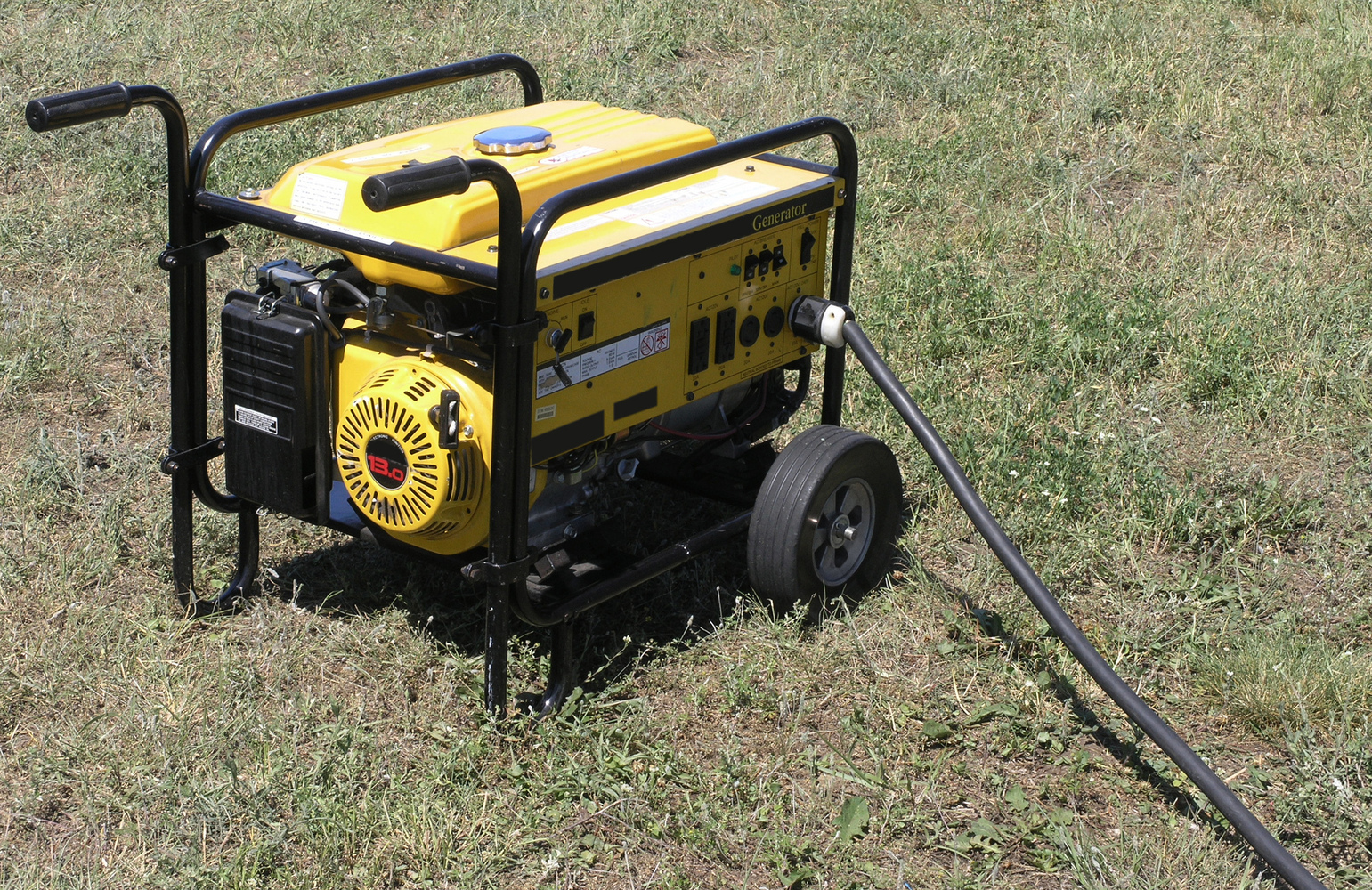
Things to Consider When Buying A Generator
Generators aren’t essential items until you need them. For example, in the face of a long-term power failure, natural disaster, or rural job project, having a natural gas generator or solar powered generator on hand can grant you the ability to prepare food, safely light your home or workspace, and even operate a business.
A backup or portable generator provides electricity via either a gas-or solar-powered engine. The engine turns over an on-board alternator, allowing the user to plug extension cords, appliances, and electric-powered tools directly into the built in power outlets. Here is what you need to consider before buying a personal generator for home use:
1. Portable vs. backup generators
For home or brick and mortar business use, you can opt for either a backup generator, which is permanently installed (or tied) into the property’s gas lines; or a portable generator, which is manually fueled with gas, but can be moved around as needed. Backup generators are the more reliable option for unlimited usage, say to power a business or large communal home; whereas portable generators have more limited fuel capacity, but can be manually topped up with gas to power the needs of a small household for a few days.
2. Power output
Of utmost importance before buying a generator is to consider what you’ll be using it for, how long, and how much power you’ll need. For instance, a portable generator can do the minimum—keeping the lights on and running a few essential electronic appliances until it needs to be manually topped up again. While a backup generator can power the needs of a business or household entirely, allowing the occupants to power the lights, electronic devices to work, and all appliances regardless of the length of a power outage.
3. Fuel source
While back up generators are tied to the property gas lines; portable generators can run on several fuel sources including diesel gas, propane, or even kerosene. Just keep in mind that gasoline, kerosene, and other gas-powered generators must run in a ventilated area (e.g., outside) as they can cause carbon monoxide poisoning, electric shocks, fires, and burns if used incorrectly.
4. Wattage
Before purchasing a portable generator for your household or business, it’s important to consider your average wattage to ensure you’ll have the wattage capacity to power all your essential electronics and appliances. Consider the wattage of the most commonly used home appliances:
- Interior and exterior lights: 60 – 600 watts
- Air conditioning: 1,000 watts
- Sump pumps: 750 – 1,500 watts
- Fridge: 600 watts
- Laptops, televisions and computers: 60 – 300 watts
Overall, a 1,000 watt generator will only work recreationally (e.g., outdoor movies or dances) whereas a 6,500 to 7,000 watt generator is essential for household usage during a power outage.
5. Average cost
While the unlimited output of a backup generator is ideal, many homeowners don’t have the budget. So ensure you consider cost in addition to the best choice for your home or business needs. For instance, the average cost of an air-cooled back up generator takes into account the unit itself ($3000 to $5000 USD) plus installation ($3,000 to $6,500 USD), labor, and materials ($2,500 – $6,500 USD).


